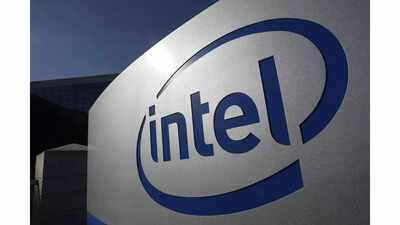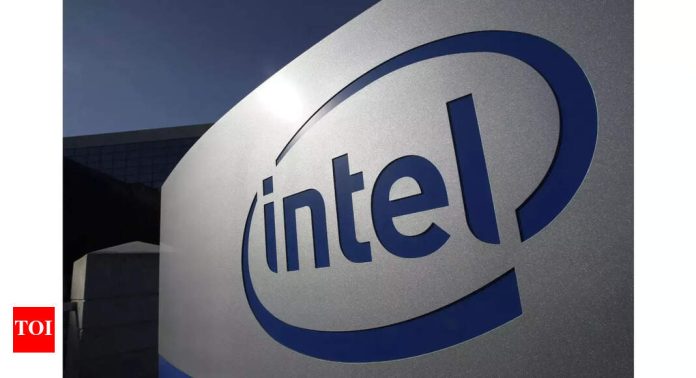
Intel
may be planning to offer a suite of gaming-specific CPUs, according to a report. This reported move may be an effort by the US-based chip-making company to build goodwill with the gamer community after navigating various internal challenges and facing a cautious outlook on its future. According to a report by VideoCardz, multiple leakers have suggested that Intel is planning to emulate the design elements that contribute to the reliability of AMD’s gaming CPUs. AMD’s top gaming-specific CPUs utilise “3D V-Cache,” which involves a larger memory section that the CPU can quickly access for complex gaming tasks. The CPU acts as the PC’s processing unit, handling game logic and physics simulations, while the GPU focuses on graphics rendering.
How Intel is planning to offer gamers better CPU options
Multiple posts by tipsters suggest that Intel may be working on new desktop chips under its upcoming
Nova Lake series
that feature a different cache layout. One of the leakers, named Raichu, took to the social media platform X to suggest that some Nova Lake processors may include a component called a Big Last-Level Cache, or bLLC. Another leaker, Haze, also shared similar information earlier this month about the bLLC being part of the new Intel microarchitecture. The exact size of this cache remains unknown, and it’s not yet clear how it may compare to AMD’s current lineup. Still, it suggests a potential shift in Intel’s approach to performance in its upcoming chips.
In recent years, some PC gamers have turned away from Intel’s gaming-focused CPUs. The 13th and 14th-generation chips faced criticism for stability issues caused by incorrect voltage behaviour, which Intel later addressed through patches and extended warranties. However, these problems affected Intel’s image among chip enthusiasts. The Arrow Lake series, which followed, didn’t significantly improve things on the gaming front, with many users noting that performance lagged behind the company’s own earlier releases. Intel issued a patch in February to improve performance, but by then, AMD had already introduced its
Ryzen
7 9800X3D, featuring 96MB of V-cache, which drew considerable attention among gaming users.Arrow Lake appears to have been optimised more for general computing and AI tasks than for gaming. While the gaming CPU segment may be smaller than enterprise or productivity-focused markets, gamers remain among Intel’s most vocal user groups. To rebuild confidence, Intel may be working toward delivering better gaming experiences once again.According to a report by Gizmodo, some recent gaming laptops equipped with Intel’s mobile Arrow Lake HX processors have shown improved performance compared to their immediate predecessors. However, desktop variants have yet to follow suit. Intel’s broader challenges may be more closely tied to its slower entry into the
AI chip market
. Nvidia
capitalised on the early demand for AI training hardware, while AMD has recently promoted its Threadripper Pro 9000 WX series as a solution for AI-related tasks.
Microsoft SharePoint HACKED: Global Cyber Threat Explained!
